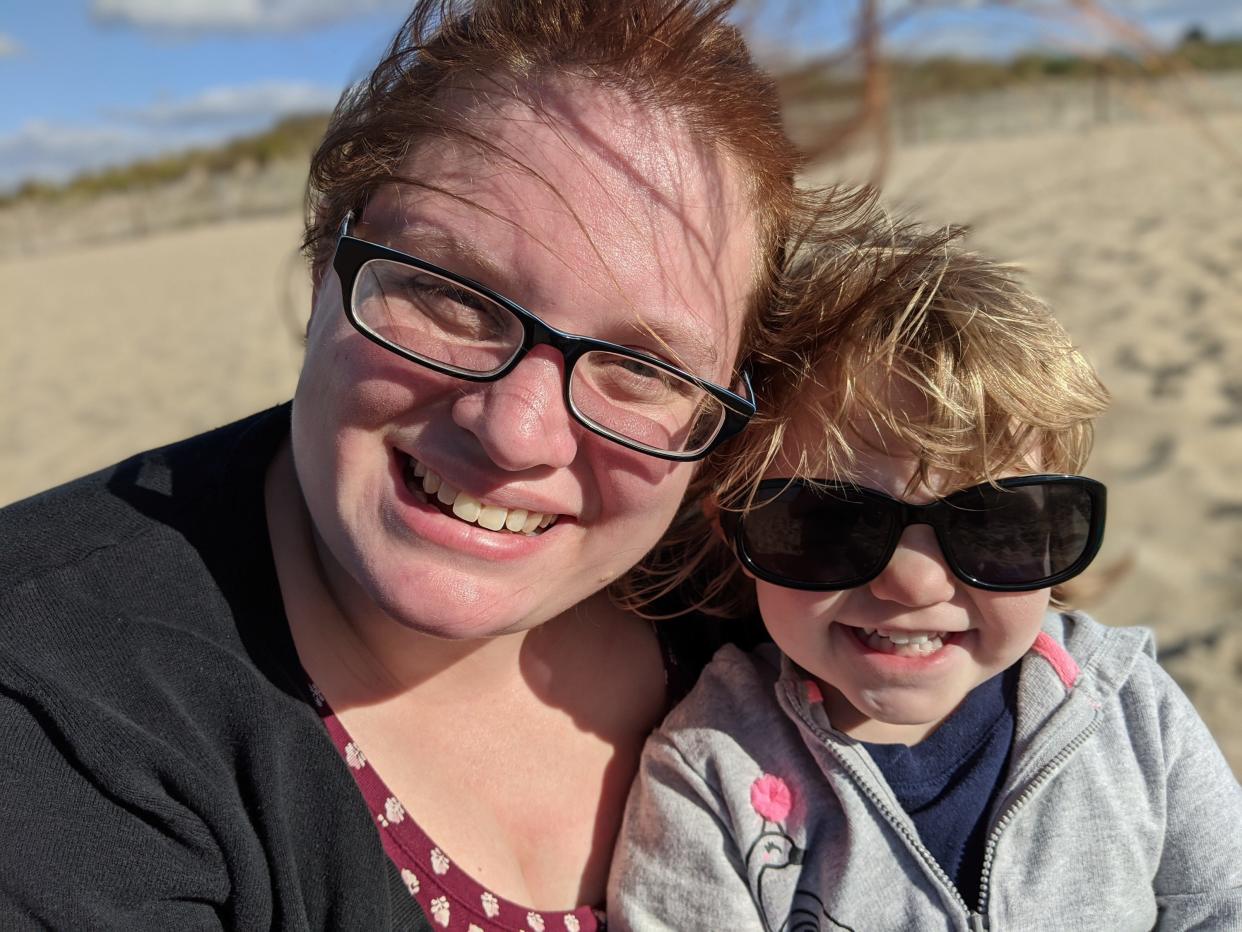Having an only child means we have more time and resources for her. But it doesn't make her spoiled.

Before getting pregnant I wanted more than one child.
But pregnancy and postpartum were very hard, so we decided to have an only child.
She was diagnosed with autism and I'm glad I have more time and resources for her.
As the parent of an only child, I often field questions like, "Does she have any siblings?" or "Are you going to have any more?"
While most of the time no one says anything blatantly offensive, it feels like there is underlying judgment when I am questioned about my daughter's status as an only child.
I considered having more kids before I got pregnant
At one point, I considered having more than one child. It felt like something you were supposed to do. I had internalized stereotypes about only children being lonely and spoiled brats. I grew up with siblings, and so did my husband, although his sister was born when he was 9. They didn't have quite the same playmate relationship I did with my close-in-age siblings.
Then I got pregnant. And I was miserable. I started to question whether my body and mind could really keep up with multiple children if my chronic physical and mental health conditions seemed to be making it difficult to even grow one.
Pregnancy seemed to make me into even more of a physical mess, as well as a moody rage machine. And my daughter's newborn days were overshadowed by feeding struggles, reflux, and postpartum depression and anxiety. Unsurprisingly, my husband was fully on board with never, ever having to go through it all again. I couldn't wrap my head around trying to provide care for another small human when it seemed like I was barely managing it with one.
Being a mother is still incredibly challenging for me
As an only child my daughter does get more by default. I've been able to read aloud hundreds of books to her, help her with science experiments, and push her for what seems like hours on the swing without having to juggle another child's needs. We can visit her aunt and uncle in Colorado every other summer and take other trips because we are able to buy three plane tickets instead of four or five. We are able to invest in educational experiences for her and save money for college, which we definitely would not be able to do in the same way or at all with multiple children.
I don't believe more one-on-one time or more finances dedicated to her have made her spoiled, though. She doesn't get lots of presents for Christmas or her birthday. And I believe that children thrive with boundaries, so she's definitely not getting whatever she wants all the time, either. There are plenty of times that she hears no, whether it is to an activity, a toy, or to my husband or me not being able to do something.
My daughter was also recently diagnosed with autism, and I am glad that we have the resources to get her the therapies and interventions she needs and to be able to send her to a school that is a good fit for her. I don't mean just financial resources but all the time and energy that is involved in filling out paperwork, finding providers, and taking her to appointments. And then implementing behavioral techniques at home and finding and purchasing tools and activities that aren't covered by insurance.
My daughter's developmental delays and autism mean she needs more of my physical and emotional reserves than a neurotypical child. I'm grateful I'm able to spend focused time with her at home and provide her with the therapies she needs because it wouldn't be possible with multiple children.
Although everyone might not see it this way, my daughter being an only child has really turned out to be a blessing for both me and her.
Read the original article on Business Insider

